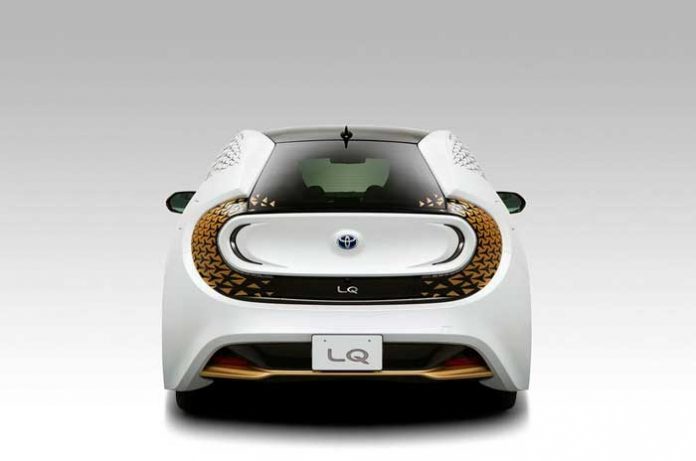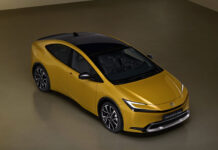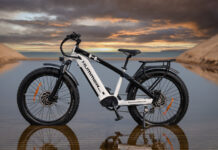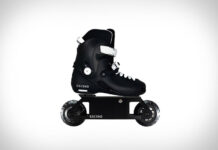Toyota engineers continue to amaze with their original ideas. They have presented the original concept of the futuristic car of the future, Toyota LQ, which is a further development of the Toyota Concept-i, announced in 2017.
The physical prototype of the Japanese car will be presented at the Tokyo Motor Show at the end of October. The dimensions of Toyota LQ are 4,530×1,840×1,480 mm with a wheelbase of 2,700 mm. The weight of the car designed for 4 people is 1680 kg. One full charge of the battery is enough to cover the distance of 300 km.
According to the developers, the main advantage of Toyota LQ is the presence of built-in artificial intelligence Yui, able to learn while driving and actively interact with the driver. During the training, Yui establishes a human-machine contact, guaranteeing individual support and autonomous control of the 4th level. “Yui” was developed by the Toyota Research Institute (TRI), and real system tests will be held from June to September 2020.
Built-in intelligence will continuously monitor the psychological state of the driver to ensure safety and driving comfort. Yui supports interactive voice communication, activates the massage system built into the seats, independently adjusts the interior lighting, monitors climatic parameters, and adjusts the audio accompaniment to the trip. Artificial intelligence communicates to the driver the most important information about the condition of the road, the presence of problems on the highway and is responsible for navigation.
Autonomous control of the 4th level (SAE2 Level 4) gives the driver an opportunity not to touch the car’s control panel at all during the trip. The Automated Valet Parking System that was co-developed by Panasonic will allow autonomous parking with a minimum clearance of only 20 cm to the nearest cars. In addition, the program independently finds a free parking space in the area close to the destination of the trip. In this case, not only the sensors and cameras of the car itself are used, but there is also an automatic connection to the parking surveillance system.
An augmented reality display from Panasonic, special seats with a massage system from Toyota Boshoku, and smart interior lighting and headlights projecting data onto the road for the driver and pedestrians were used when assembling the Toyota LQ prototype.







